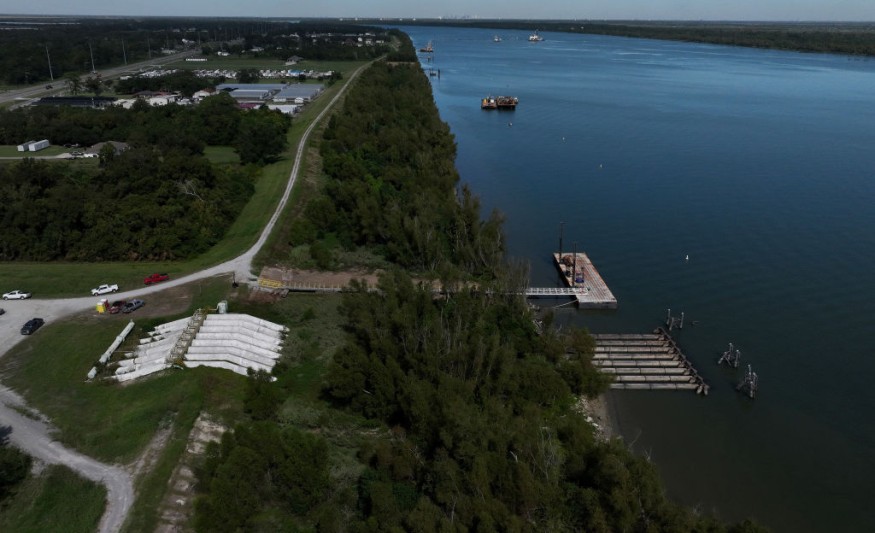The latest report showed that prolonged drought and reduced water flows can cause hotter river temperatures, affecting marine ecosystems and animals.
Rivers are beneficial to marine animals and humans. According to NOAA, it is vital to irrigation, drinking water and daily transportation. The economic and environmental significance of rivers are crucial to protect.
However, rivers have encountered major threats. Aquatic animals have suffered from habitat loss due to plastic, water pollution, the arrival of invasive species, rising temperatures, climate change and drought.
As a result, increasing the river understanding will be helpful to restore and prevent potential challenges in the future. Researchers from the University of Birmingham and the Scottish Government's Marine Directorate studied the hotter river temperatures exacerbated by drought and dry conditions.
Drought Conditions Affect Rivers

Climate change and global warming have significantly affected major rivers. Climate change can intensify hotter conditions, causing prolonged drought and lack of rainfall.
The dry rivers can impact marine animals. They can likely die or migrate to other areas. The prolonged drought can also harm animal's habitats and food sources.
According to a study published in Hydrological Processes, experts analyzed how high river water temperatures impact freshwater ecosystems and river health.
The extreme thermal events in rivers can be due to prolonged lack of water and drought. In the analysis, the report highlighted three potential reasons that caused an increase in temperatures in rivers:
- Physical habitat influence
- Atmospheric energy
- Water source contributions
Climate change, drought and slower water flows can worsen the problem's intensity, especially since lack has become more frequent.
Professor David Hannah highlighted the detrimental impacts of rising river water temperatures. The report noted that river restoration initiatives and riverside planting could help address the problem of extreme thermal events in rivers.
Understanding the problem can help raise awareness and create a better river water management model amidst rising temperatures. The immediate adaptation of rivers can help save marine species from decline and avoid devastating economic and human health impacts.
According to research in Environmental Research Letters, extreme drought can affect global water security. When drought and scorching temperatures occur, people will consume more water for themselves and crops.
The temporary water damage can be exacerbated without efficient, sustainable responses amidst the problem of heatwaves and climate change.
Also Read : Drying of Water Well in Central Valley Can Affect Communities' Drinking Water in California, Research Warns
Drying of Water Well in California, US
California has experienced severe drought, hotter temperatures and lack of rainfall, especially in the Central Valley. In a recent report, researchers warned of groundwater wells in the Central Valley.
The research findings were published in the Scientific Reports journal. The report explained that well depletion can affect the US's drinking water and food security, especially as many Americans depend on it.
For more similar stories, don't forget to follow Nature World News.
© 2026 NatureWorldNews.com All rights reserved. Do not reproduce without permission.





